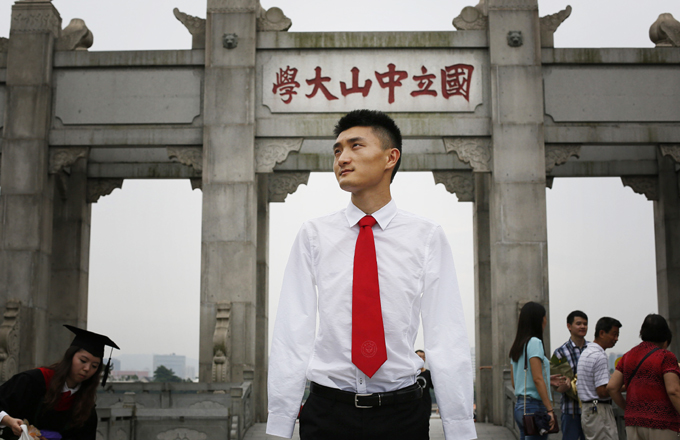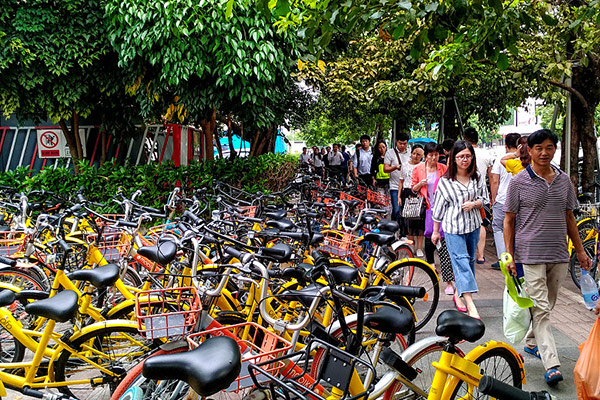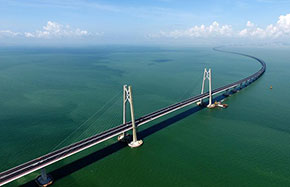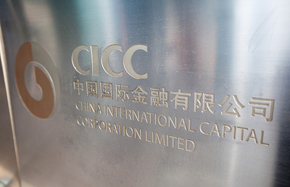Pact 'doesn't seek to exclude' China
|
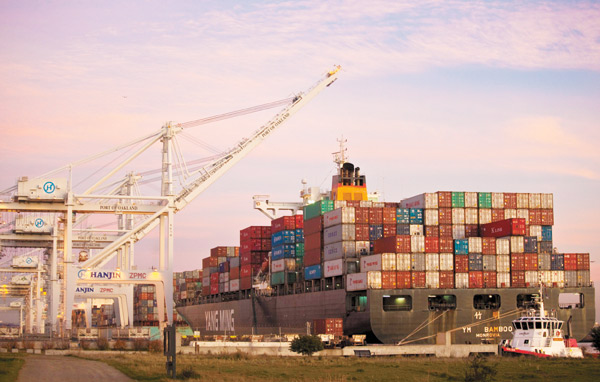 The YM Bamboo, a container ship operated by China Ocean Shipping Company (COSCO) is docked at the Port of Oakland in Oakland, California, January 14, 2011. [Photo/Agencies]
|
The controversial Trans-Pacific Partnership continues to be fanned by speculation about the reasons behind an apparent intentional exclusion of China, led by the United States - but some suggest the argument falls flat for two reasons.
Opponents of the "containment" theory find it difficult to conceive of a comprehensive Asia-Pacific trade pact that excludes China, even if the country is not engaging in the TPP negotiations.
Jeffrey Schott, senior research fellow at the Peterson Institute for International Economics in the US, said China is, for the time being, more inclined to pursue its ties with Asian neighbors before joining the TPP nations.
He told the Shanghai Forum in May that the restraint is basically due to China's political priorities and a lack of willingness to seek a comprehensive trade code.
"I think China is not prepared to enforce the types of obligations being considered under the TPP negotiations and so the issue of blocking its entry to the talks is moot, at least for now," he said.
Schott dismissed the containment notion on three fronts:
First, from a theoretical point of view, it is impossible for a trade agreement to "contain" a large country either by economic or political means.
Second, not a single country in Asia would like to see China's economic decline, as every nation has vital trade and investment relations with Beijing.
China already has a vested interest in maintaining good access to TPP member markets, nine of which have already signed free trade arrangements with China, Schott noted.
He added that its member countries may wish China to become involved in new trade talks as they move towards the long-term Asia-Pacific Economic Cooperation goal of free trade and investment in the region.
"It has committed to the long-term integration strategy endorsed by APEC leaders, and its participation is essential to the long-term viability of such an initiative," he said.
Despite the challenges that may face manufacturing, Schott suggested that Asian countries should use appropriate trade arrangements, in conjunction with domestic economic reforms, to boost their own local productivity levels to compete against Chinese firms at home and abroad.











